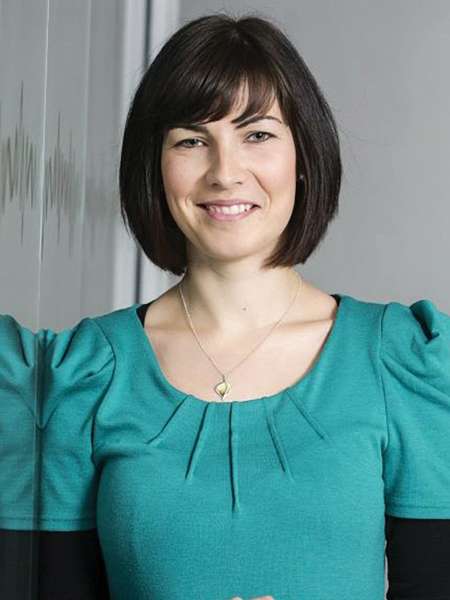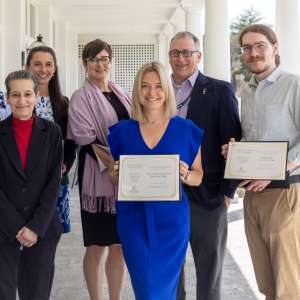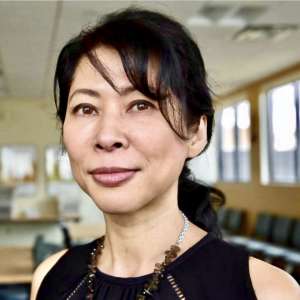Keene State, Salem State Partner To Host Holocaust Archeology Pioneer Sturdy Colls

Keene State College is partnering with Salem State University in Massachusetts to bring an internationally recognized Holocaust archaeologist to campus.
Caroline Sturdy Colls, a professor from the United Kingdom’s University of Huddersfield and pioneer of a newly developed sub-discipline of archaeology focusing on Holocaust sites, will present at both institutions.
Sturdy Colls will visit Keene State on Tuesday, Sept. 24 from 6-7 p.m.; her lecture is “From Treblinka and Trawniki: Forensic Archaeological Investigations at Sites of Nazi Persecution.” She will visit Salem State on Thursday, Sept. 26 from 6:30-8:30 p.m.; her lecture is “Holocaust Archaeologies: Approaches and New Future Directions.”
Keene State’s event is part of a 2024-25 series on “Forensics and Genocide” through the College’s Cohen Institute for Holocaust and Genocide Studies. Register here for the live stream at Keene State. Registration for in-person seating has closed.
Salem State’s event is co-sponsored by its Center for Holocaust and Genocide Studies, its geography and sustainability, geographical sciences and history departments, and the Jewish Community Center of the North Shore as a community partner.
Register here to attend in person at Salem State; register here for the live stream at Salem State.
“Students, faculty, and community members are eagerly anticipating Professor Sturdy Colls’s visit to Keene,” said Kate Gibeault, director of the Cohen Institute for Holocaust and Genocide Studies at Keene State. “Her innovative research techniques showcase how interdisciplinary thinking can advance our understanding of the past in powerful ways. The physical evidence that she and her team have unearthed has radically altered our knowledge about Treblinka and what unfolded there during the Holocaust.”
Sturdy Coll’s research focuses on the application of interdisciplinary approaches to the investigation of Holocaust landscapes. She conducted the first forensic archaeological investigations at Treblinka Extermination and Labor Camps, the results of which will be presented in her forthcoming book Finding Treblinka.
She is the author of several other books, including Holocaust Archaeologies: Approaches and Future Directions (2015) and Adolf Island: The Nazi Occupation of Alderney (2022).
“More than 900,000 Jewish men, women, and children were murdered at the Treblinka Death Camp during the Holocaust. Because the camp was largely destroyed in 1944, it was long thought that little evidence of the horrors committed there remained,” said Regina Kazyulina, visiting assistant professor and program research associate at the Center for Holocaust and Genocide Studies.
To study Treblinka, Kazyulina notes that Sturdy Colls and her team were the first to adopt new technologies, such as ground-penetrating radar, satellite imaging, and other techniques common to forensic archeology. “Their work not only provided insights into the camp and the location of mass graves but showed the immense potential of techniques for analyzing sites of mass violence in an ethical, noninvasive way.”
The presentations come as Keene State celebrates a transformative gift from supporters Jan and Rick Cohen to elevate the previously titled Cohen Center for Holocaust and Genocide Studies to the Cohen Institute for Holocaust and Genocide Studies. The move expands the Institute’s ability to partner with institutions on offerings similar to the Sturdy Colls event.
“In addition to the partnership we have with the community of Holocaust Education Centers at the United States Holocaust Memorial Museum, there’s a lot of power in a state university and college bringing their resources together to bring an international scholar to campus,” said Christopher Mauriello, director for Salem State’s Center for Holocaust and Genocide Studies. “Neither of us could do it without this partnership.”





